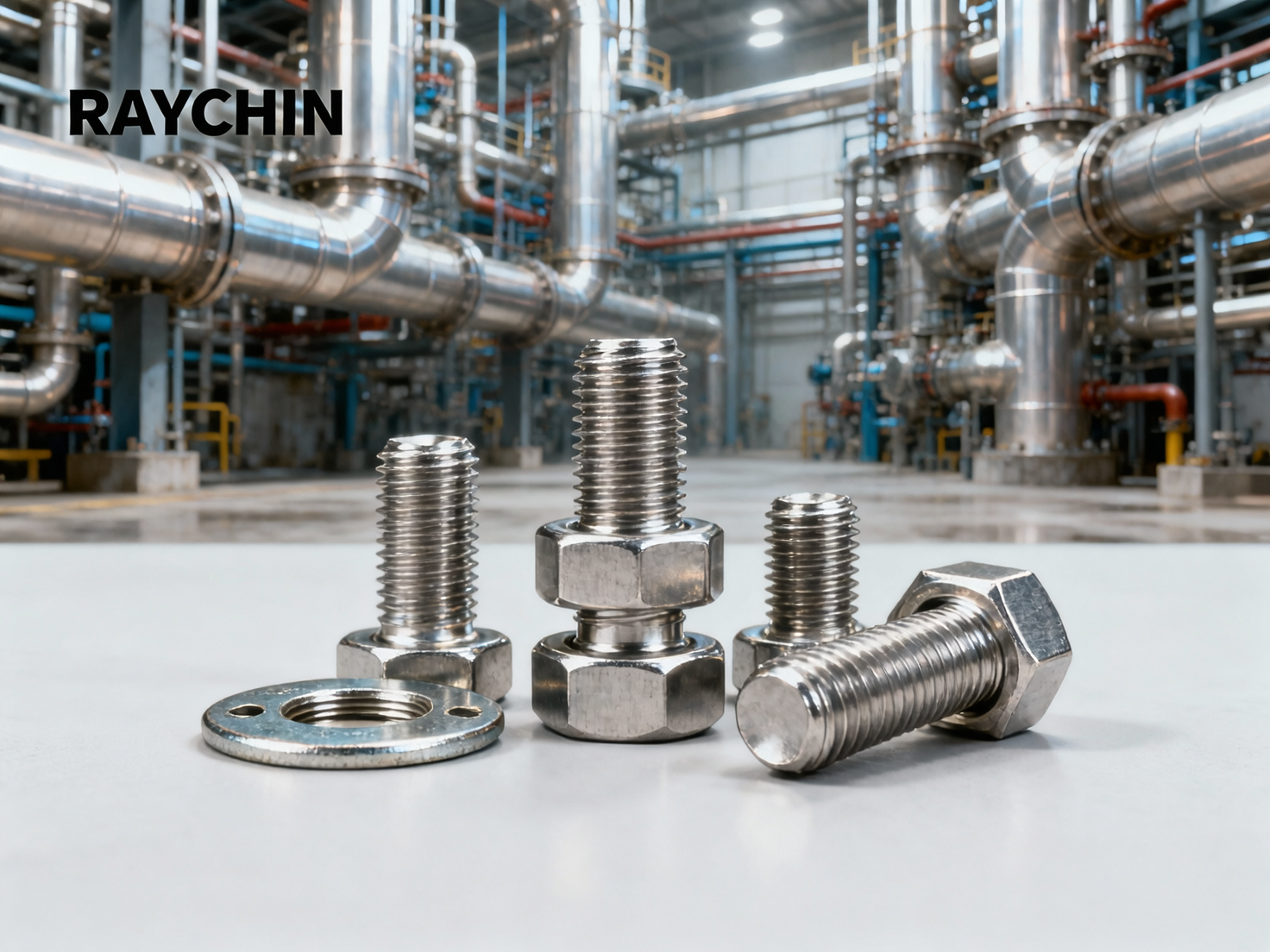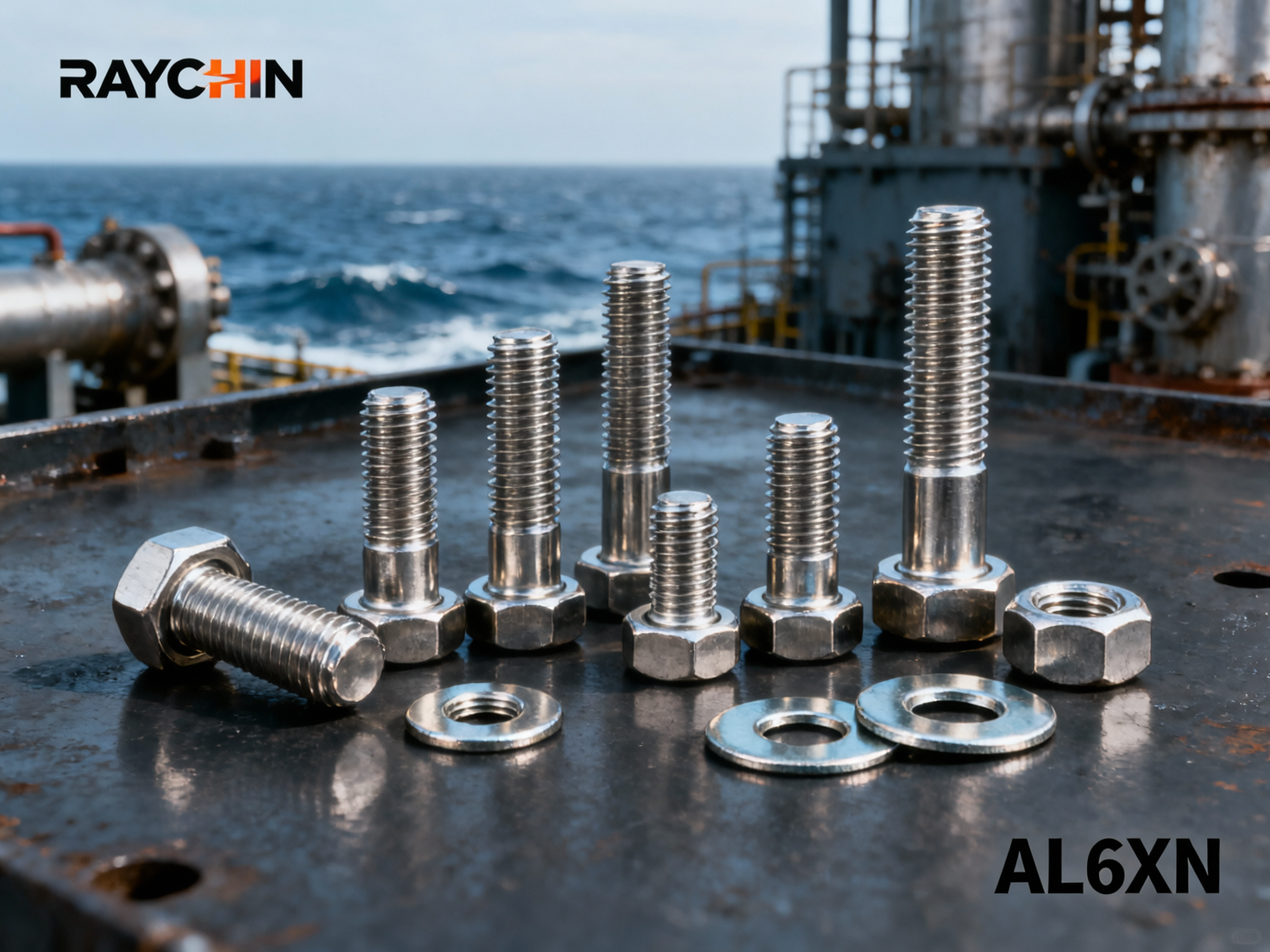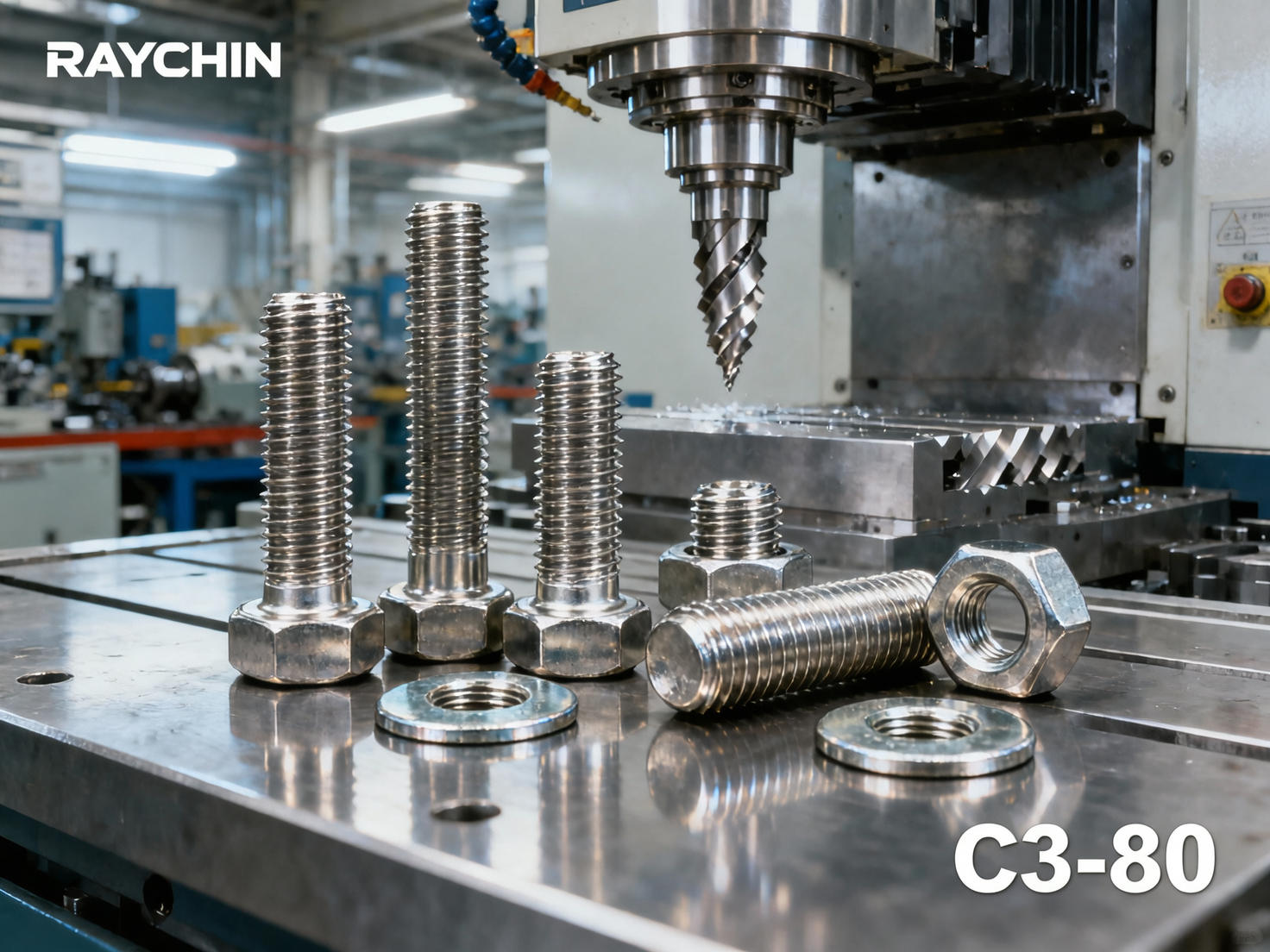Categories List
Recent Posts
![Duplex Stainless Steel Fasteners: The Guide to High-Strength Corrosion-Resistant Fastening Solutions Duplex Stainless Steel Fasteners: The Guide to High-Strength Corrosion-Resistant Fastening Solutions]() Duplex Stainless Steel Fasteners: The Guide to High-Strength Corrosion-Resistant Fastening Solutions
Duplex Stainless Steel Fasteners: The Guide to High-Strength Corrosion-Resistant Fastening Solutions![AL6XN Fasteners: The Guide to Super-Austenitic Stainless Steel Solutions for Severe Chloride Environments AL6XN Fasteners: The Guide to Super-Austenitic Stainless Steel Solutions for Severe Chloride Environments]() AL6XN Fasteners: The Guide to Super-Austenitic Stainless Steel Solutions for Severe Chloride Environments
AL6XN Fasteners: The Guide to Super-Austenitic Stainless Steel Solutions for Severe Chloride Environments![C3-80 Fasteners: The Complete Guide to Martensitic Stainless Steel Solutions for General Corrosion Resistance C3-80 Fasteners: The Complete Guide to Martensitic Stainless Steel Solutions for General Corrosion Resistance]() C3-80 Fasteners: The Complete Guide to Martensitic Stainless Steel Solutions for General Corrosion Resistance
C3-80 Fasteners: The Complete Guide to Martensitic Stainless Steel Solutions for General Corrosion Resistance
Top 5 Benefits of Using Inconel Fasteners in Valves
In the world of industrial valves, fastener selection can make the difference between reliable long-term operation and catastrophic failure. Inconel fasteners have emerged as the premier solution for critical valve applications across oil & gas, chemical processing, power generation, and other demanding industries. This nickel-chromium superalloy offers unique properties that address the most challenging operational environments.
1. Exceptional Corrosion Resistance in Harsh Environments
Valves frequently encounter corrosive media including saltwater, acids, and caustic chemicals that rapidly degrade standard fasteners. Inconel's chromium content forms a passive oxide layer that provides outstanding protection against:
• Pitting and Crevice Corrosion
The alloy's microstructure resists localized attack in chloride-rich environments where stainless steel fasteners would fail. This is particularly valuable in offshore oil platforms and desalination plants.
• Stress Corrosion Cracking
Inconel fasteners in valves maintain integrity under simultaneous tensile stress and corrosive exposure, preventing sudden brittle fractures that could lead to dangerous leaks.
2. Unmatched High-Temperature Performance
Standard fasteners lose strength and creep resistance above 700°F (370°C), while Inconel alloys retain mechanical properties up to 2000°F (1093°C). This thermal stability provides three key advantages for valve applications:
• Maintained Clamp Load
Unlike carbon steel that relaxes under heat, Inconel fasteners preserve proper flange sealing pressure in steam valves and thermal power systems.
• Oxidation Resistance
The alloy forms a protective oxide scale that prevents material degradation in high-temperature service, extending maintenance intervals.
3. Superior Strength-to-Weight Ratio
Inconel fasteners in valves offer exceptional mechanical properties without excessive bulk. Grade 718, for example, provides:
• 180 ksi Tensile Strength
Nearly double the strength of standard stainless fasteners, allowing for more compact valve designs without sacrificing safety margins.
• Excellent Fatigue Resistance
Critical for valves experiencing cyclic pressure loading, preventing fatigue failures that could lead to unplanned shutdowns.
4. Compatibility with Diverse Valve Materials
Inconel fasteners demonstrate excellent galvanic compatibility with common valve body materials including:
• Stainless Steel Valves
Minimizes bimetallic corrosion that can occur with carbon steel fasteners in chloride environments.
• Nickel Alloy Valves
Provides matched thermal expansion characteristics in high-temperature service, maintaining joint integrity.
5. Long-Term Cost Efficiency
While Inconel fasteners in valves command a higher initial cost than standard options, they deliver superior lifecycle economics through:
• Extended Service Life
Reduces replacement frequency and associated labor costs in hard-to-access installations.
• Reduced Maintenance
Minimizes unplanned downtime for fastener-related repairs in critical processes.
• Prevention of Costly Failures
Eliminates expenses from valve leaks, environmental incidents, and production interruptions.
For engineers specifying valve components, Inconel fasteners represent a smart investment that pays dividends in reliability and operational efficiency. Their unique combination of properties solves the most challenging fastener requirements in modern industrial systems.
Request A Quote! We'll respond as soon as possible(within 12 hours)
Get a Quote



